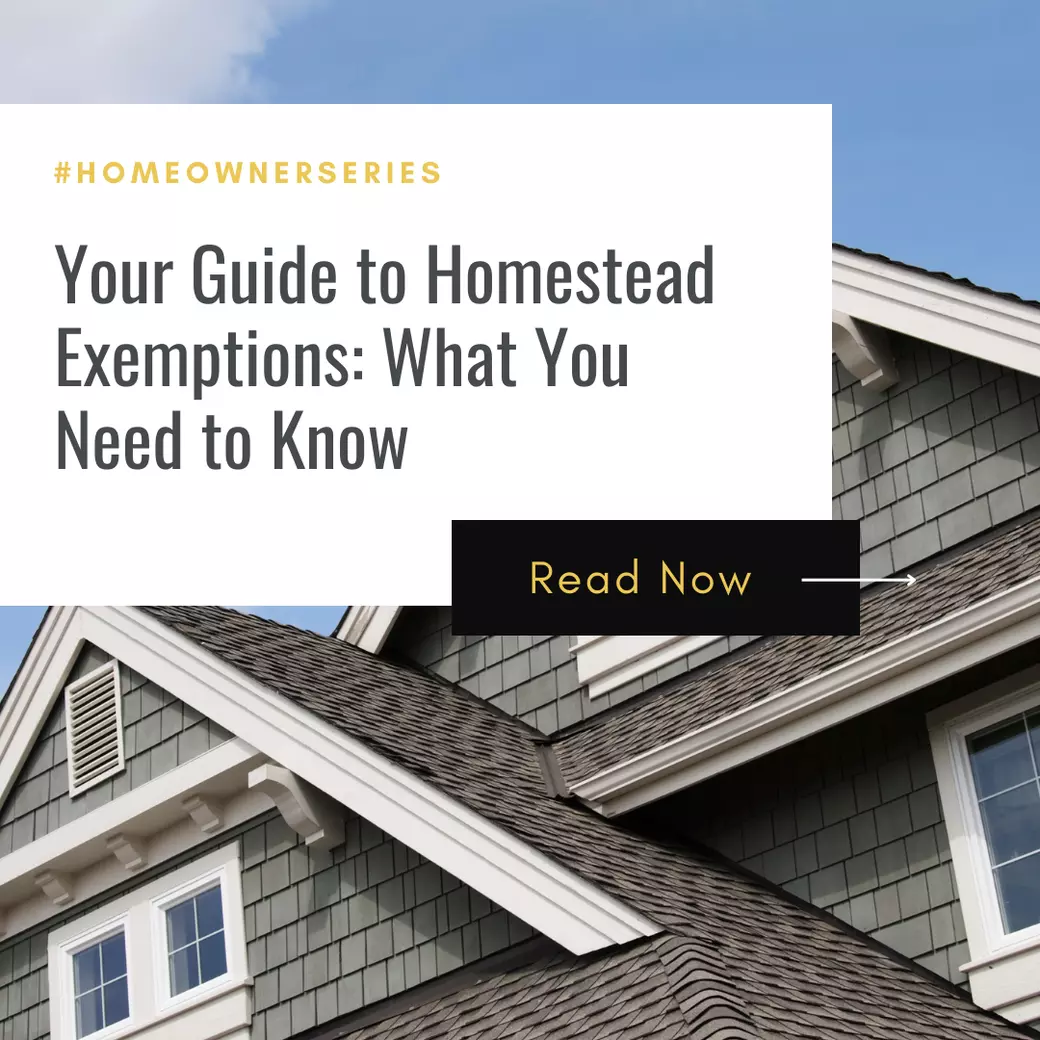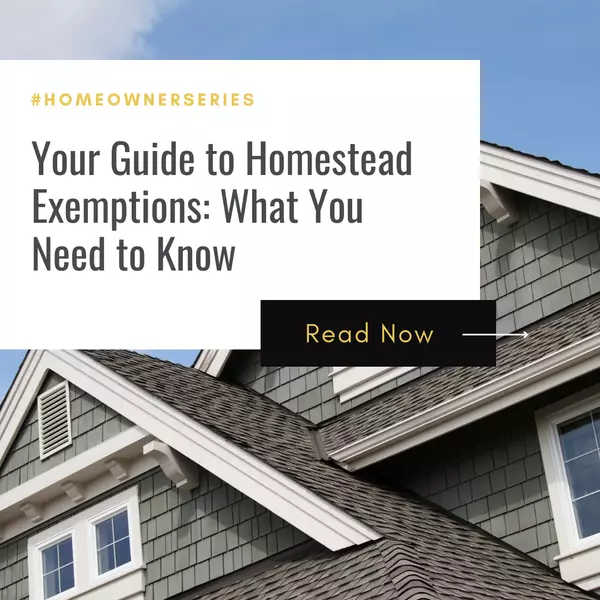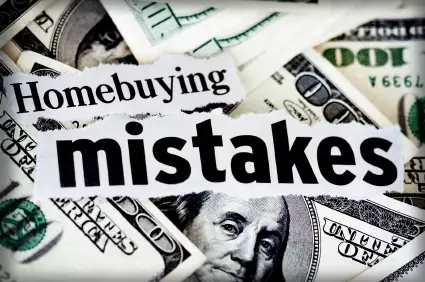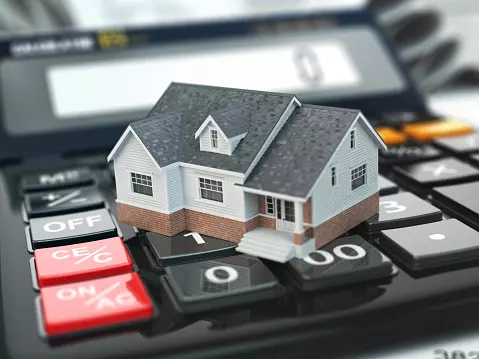Your Guide to Homestead Exemptions: What You Need to Know

Your Guide to Homestead Exemptions: What You Need to Know
In the realm of property ownership, understanding the ins and outs of homestead exemptions can be a game-changer. Whether you're a seasoned homeowner or a first-time buyer, here's your guide to navigating the world of homestead exemptions and making the most of this valuable benefit.
What is a Homestead Exemption?
Before we delve into the specifics, let's establish the fundamentals. A homestead exemption is a legal provision that can significantly impact your property taxes. In simpler terms, it acts as a legal discount on your property taxes. For homeowners, it's a way to lower the official value of their property, which in turn reduces the amount of taxes they need to pay.
The Benefits of Homestead Exemptions:
- Tax Savings: The primary advantage is evident—lower property taxes. Homestead exemptions can result in a substantial reduction in your annual tax bill, allowing you to keep more money in your pocket.
- Asset Protection: Homestead exemptions can offer a level of protection for your primary residence against certain creditors. It's a shield that ensures your home is a secure asset.
- Senior and Disabled Benefits: Some jurisdictions provide additional exemptions for senior citizens and disabled individuals, further enhancing the financial relief for those who need it most.
- Transfer of Exemption Benefits: In certain cases, homestead exemptions can be transferred to a surviving spouse or dependent, providing ongoing financial benefits to the family.
- Mitigating Property Tax Impact: Crucially, homesteading serves as a protective barrier against potential hikes in property taxes resulting from an upswing in your property's value. It offers a means to balance and stabilize your tax responsibility, curbing the surge that typically accompanies an increase in property value. In essence, homesteading is a strategic move to save you money by lessening the impact of heightened property tax liabilities.
Things You Need to Know to Qualify for Homestead Exemption:
- Ownership and Residency Requirements: Typically, you must own and occupy the property as your primary residence to qualify for a homestead exemption. Renting out the property may disqualify you.
- Application Process: Homestead exemptions are not automatic; you need to apply for them with your county property appraiser. Most counties allow you to apply online. Familiarize yourself with the application process in your local jurisdiction and ensure you meet all deadlines.
- Deadline Awareness: Speaking of deadlines, missing the application deadline means missing out on potential tax savings for that year. Stay informed about the timeline and submit your application promptly. In Florida, the deadline to file for homestead exemption is typically March 1st.
- Understanding Exemption Limits: Exemption amounts can vary widely depending on your location. Be aware of the limits in your area to manage your expectations and plan accordingly.
In the complex landscape of property ownership, homestead exemptions shine as a beacon of financial relief. By grasping the benefits and understanding the necessary steps, you empower yourself to make informed decisions that can positively impact your bottom line. So, whether you're a seasoned homeowner or a newcomer to the world of property taxes, harness the power of homestead exemptions to secure a more financially savvy future.
GET MORE INFORMATION
Royce Williams
Global Real Estate Advisor | SL3246689
Global Real Estate Advisor SL3246689



